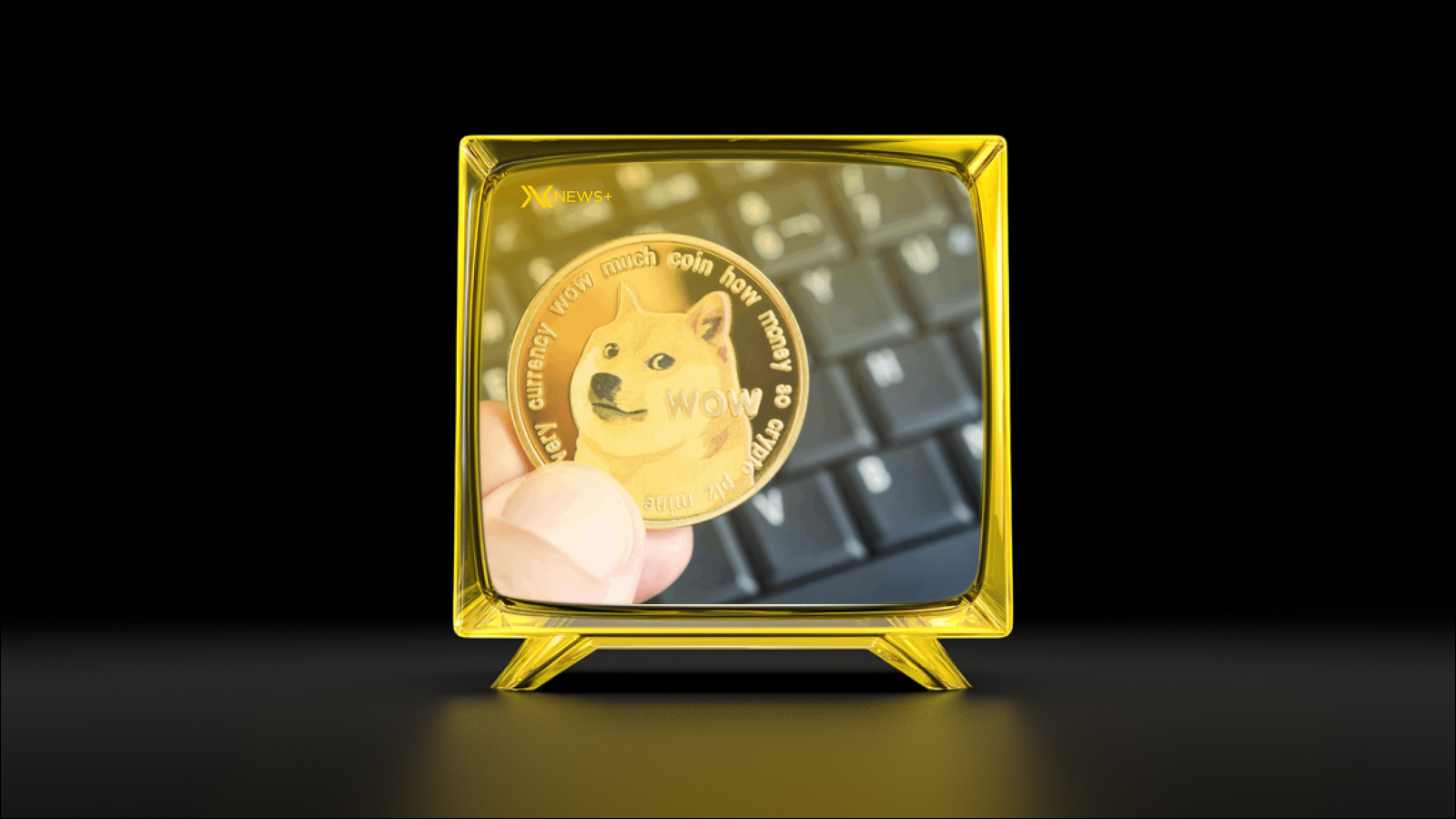What Are Altcoins and Their Impact on The Market?
What Are altcoins? Simply put, they are any cryptocurrencies that are not Bitcoin. This includes a wide array of digital currencies, each with its unique features and benefits. While Bitcoin has paved the way for the adoption of cryptocurrencies, altcoins contribute significantly to the overall market by providing diverse investment opportunities and unique technological innovations.
The emergence of altcoins has had a profound impact on the cryptocurrency market. They have expanded the market’s overall dynamics, encouraging innovation and competition. For instance, some altcoins focus on smart contracts and decentralized applications, while others aim to improve transaction speeds or enhance privacy. This differentiation enables investors to seek out coins that align with their investment strategies and philosophies, thereby further contributing to market liquidity.
Moreover, the performance of altcoins often correlates with Bitcoin’s price movements, but they can also exhibit independent trends. For example, during a bullish market phase, while Bitcoin rallies, certain altcoins may outperform it due to hype, technological advancements, or upcoming projects. Conversely, they may also experience significant downturns when Bitcoin faces challenges, showcasing the inherent risks associated with investing in these assets.
what are altcoins? They are essential components of the cryptocurrency ecosystem that not only provide an avenue for speculation and investment but also drive technological advancements and market development. Traders looking to capitalize on altcoin opportunities must keep a close eye on market trends and technological developments to make informed decisions. Their impact on the market is both profound and multifaceted, influencing everything from investment strategies to market sentiments.
Essential Tools You Need for Successful Altcoin Trading
To navigate the dynamic world of altcoin trading effectively, having the right tools at your disposal is crucial. Here are some essential tools that can enhance your trading strategy and improve your chances of success:
- Cryptocurrency Exchanges: Selecting a reliable and user-friendly exchange is fundamental. Platforms like Binance and Coinbase offer a range of altcoins and have robust security measures in place.
- Wallets: Both hardware and software wallets are important for storing your altcoins securely. Hardware wallets such as Ledger and Trezor provide a safe offline option, while software wallets can be more convenient for trading.
- Charting Software: Tools such as Trading View or Coinigy can help in analysing market trends. These platforms provide advanced charting features and technical indicators to assist in making informed trading decisions.
- Portfolio Trackers: To keep tabs on your holdings and their performance, apps like Blockfolio or Delta can provide real-time updates and portfolio management features.
- News Aggregators: Staying updated on the latest news is vital, as market sentiment can shift rapidly. Websites like CoinDesk and CryptoSlate gather news articles that impact the altcoin market.
- Social Media Monitoring Tools: Platforms such as Twitter and Reddit can provide insights into the latest trends in altcoins. Tools like Hootsuite can help monitor relevant discussions and sentiment analysis.
Having the right combination of these tools can help you effectively analyze the market and make better trading decisions. Remember, the more informed you are about the tools available, the better equipped you’ll be to navigate the world of altcoin trading.
What Are the Best Risk Management Techniques For Altcoin Traders?
When it comes to trading altcoins, implementing effective risk management techniques is crucial in order to protect your capital and maximize your potential profits. Here are some of the best strategies for minimizing risk while trading altcoins:
- Define Your Risk Tolerance: Understanding your own risk tolerance is the first step in creating a strategic plan. Assess how much you are willing to lose on a given trade and set that as your exit point.
- Use Stop-Loss Orders: Stop-loss orders are essential for protecting your investments. Set these orders to automatically sell your altcoins when they reach a certain price, which can help mitigate emotional decisions during volatile market conditions.
- Diversification: Don’t put all your investment into a single altcoin. Spread your investments across various altcoins to minimize the impact of one asset’s poor performance.
- Position Sizing: Determine the amount of capital you will allocate to each trade based on your overall trading capital and your risk tolerance. Avoid risking more than a small percentage of your total capital on a single trade.
- Continuous Education: Stay informed about market trends, news, and changes in the regulatory landscape. The more you know, the better decisions you can make, thereby reducing risk.
- Emotional Discipline: Developing and sticking to a trading plan can help you avoid emotional trading decisions that often result in significant losses. Keep your emotions in check and follow your predefined strategies.
By applying these risk management techniques, traders can better navigate the unpredictable world of altcoin trading, allowing them to increase their chances of success while minimizing potential setbacks. Ultimately, what are the best practices for risk management will vary for each trader, but establishing a solid foundation is essential for long-term success.
Analysing Trends: How To Identify Profitable Altcoin Opportunities
To successfully trade altcoins, understanding market trends is crucial. Analysing trends helps you make informed decisions about when to buy or sell your investments. Here are some effective strategies for identifying profitable altcoin opportunities:
1. Utilize Technical Analysis
Technical analysis involves studying historical price movements and volume data. By employing various indicators such as moving averages, Relative Strength Index (RSI), and Fibonacci retracements, you can gauge market sentiment and potential price reversals. Familiarize yourself with chart patterns, as they often signal upcoming trends.
2. Monitor Market Sentiment
The sentiment in the crypto market can significantly influence altcoin prices. Tools like social media analytics and sentiment trackers can provide insights into traders’ emotions and highlight potential trends early on. Pay attention to news events, community discussions, and influencers’ opinions that may sway trader sentiments.
3. Stay Updated on Fundamental News
Understanding the fundamentals of a given altcoin is vital. Factors like technology upgrades, partnerships, regulatory changes, and market developments can impact price movements. Keeping up with news and announcements can provide you with critical information to inform your trading decisions.
4. Use Charting Software
Invest in charting software that provides advanced features for analysing altcoins. Programs like Trading View allow you to plot various indicators and create custom alerts for price movements. This will enable you to spot potential breakout opportunities or areas of support and resistance quickly.
5. Join Trading Communities
Participate in forums, social media groups, and online communities that focus on altcoin trading. Engaging with other traders can provide you with valuable insights and different perspectives on potential trading opportunities. Sharing experiences can enhance your understanding of market trends.
Analysing trends is essential in altcoin trading. By employing these strategies, you can better identify profitable opportunities and make more informed trading decisions in the volatile altcoin market.
Disclaimer
This article is for informational purposes only and does not constitute financial or investment advice. Trading altcoins carries significant risks, including market volatility and potential loss of capital. Readers are advised to conduct their own research and consult with a financial advisor before making any trading or investment decisions. Always trade responsibly and invest only what you can afford to lose.





